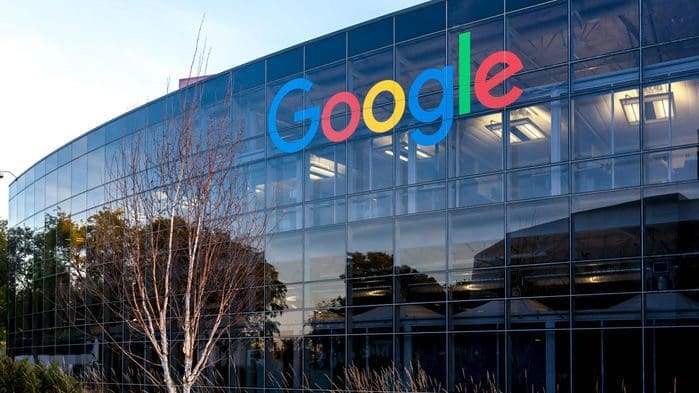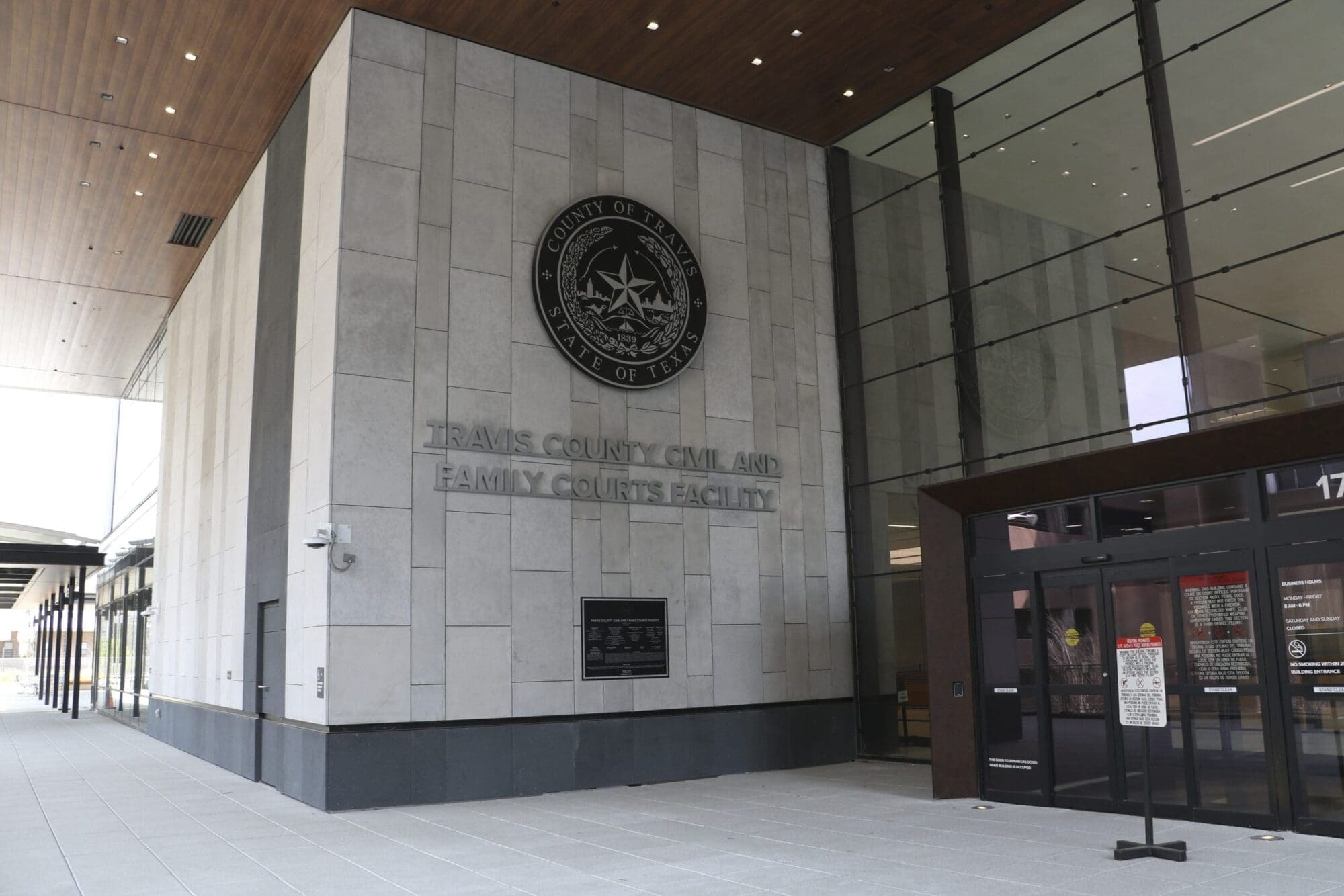The U.S. District Court for the District of Columbia has ruled that Google’s business practices illegally stifled competition—violating federal antitrust legislation.
The court concluded in their ruling that Google maintained an illegal monopoly over two spheres of internet activity in the United States, general search services and general text advertising. Specifically, through exclusive distribution agreements, Google was found to be in violation of the Sherman Antitrust Act.
Section 2 of the law—signed by President Benjamin Harrison in 1890—bans efforts and conspiracies to monopolize.
Texas Attorney General Ken Paxton celebrated the court’s findings by stating, “A federal court ruled that Google illegally maintained a monopoly by exploiting its dominance to squash competition and hamper innovation.”
“Google engaged in anticompetitive trade practices to monopolize internet search engines and advertisements,” he continued. “I’m proud to lead this case and deliver another major win against Big Tech.”
According to the Associated Press, U.S. District Court Judge Amit Mehta scheduled a follow-up hearing for September 6 to begin setting the stage for the next phase of litigation.
KQED analyzed several different possible outcomes of a separate trial. For example, the judge might force Google to separate the search engine from other components of the company or he could order the tech giant to terminate “legally provocative” deals like the one it maintains with Apple—which makes Google the default search option on iPhones.
Nevertheless, Alphabet—Google’s parent company—Global Affairs President Kent Walker made clear that the organization intends to appeal the ruling. “This decision recognizes that Google offers the best search engine, but concludes that we shouldn’t be allowed to make it easily available,” he said in a statement posted on X.
“Given this, and that people are increasingly looking for information in more and more ways, we plan to appeal,” he continued.
The legal battle began in October 2020 when Paxton announced that Texas had sued Google for utilizing business strategies to squelch competition for search advertising and internet searches.
Along with the U.S. Department of Justice, 10 states joined Texas in filing the antitrust lawsuit, including Arkansas, Florida, Georgia, Kentucky, Indiana, Louisiana, Mississippi, Missouri, Montana, and South Carolina.
“Google’s anticompetitive business strategies have disrupted the competitive process, reduced consumer choice, and stifled innovation,” Paxton said.
This is Paxton’s latest victory over internet and technology behemoths. In late July, Texas secured a $1.4 billion settlement with Meta, the organization formerly known as Facebook.
The settlement was the largest ever secured from an action by a single state and the biggest privacy settlement obtained by an attorney general. Meta will be required to pay the settlement over five years.





